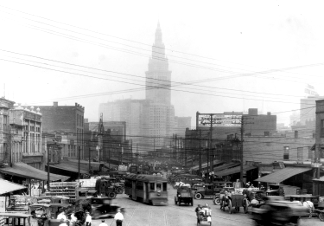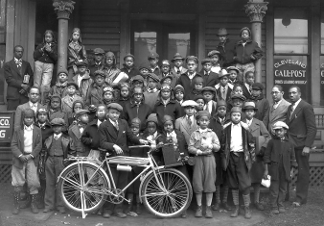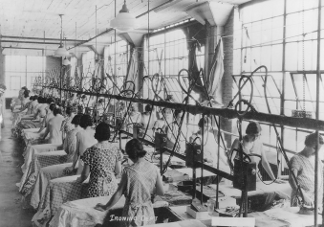TOD, DAVID (21 Feb. 1805-13 Nov. 1868), businessman and governor of Ohio, was born near Youngstown, Ohio to George and Sarah (Isaacs) Tod, attended Burton Academy in Geauga County, and after studying law in Warren was admitted to the Ohio state bar in 1827, entering private practice. Tod was appointed postmaster in Warren in 1832; elected to the state senate in 1838; returned to private practice in 1840; and after being defeated for governor in 1844, started developing the coal and iron-ore deposits in the Mahoning Valley, shipping coal to Cleveland and other lake markets. In 1847, Tod became ambassador to Brazil, helping restore normal relations between the two countries and recovering American citizens' claims amounting to $300,000. In 1852, he returned home to Youngstown and his coal and iron interests, meanwhile serving as president of the Cleveland & Mahoning Railroad. Although a delegate to the 1860 Democratic Natl. Convention, Tod later supported Abraham Lincoln. With the Union party, Democrats and Republicans supporting the war effort, Tod won the Ohio governorship in 1862, when he moved his family to Cleveland. Tod spent most of his term dealing with problems of the CIVIL WAR. After leaving office in 1864, he returned to Youngstown to tend his business interests. Poor health forced him to decline Lincoln's offer of secretary of the treasury. Chosen a presidential elector in 1868, Tod died before the Electoral College selected the new president. He married Maria Smith in 1832 and had 7 children: John, Charlotte, Henry, George, William, Grace, and Sally. Tod died in Brier Hill, Ohio and was buried there.
Last Modified: 10 Jul 1997 05:11:46 PM- Related Article(s)









